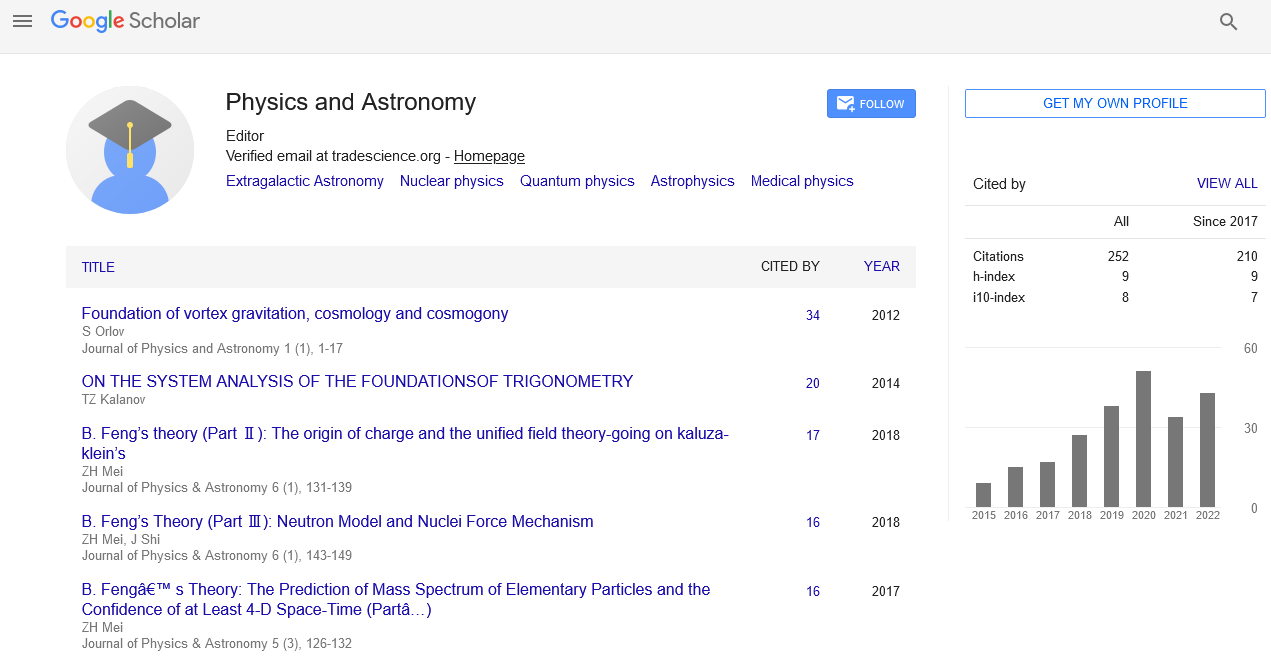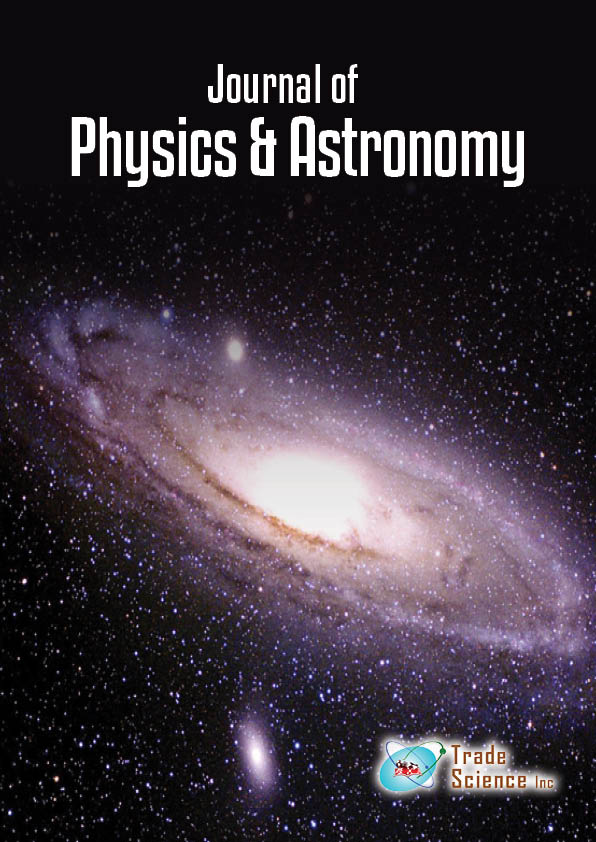Abstract
Study on the Marine Spatial Planning and Management of Marine Renewable Energy Development in Taiwan
Author(s): Yun-Sin Chen, Chun-Pei Liao,Shiau-Yun Lu, Wen-Yan Chiau, and Yi-Che ShihPromoting renewable energy is crucial to the national net-zero policy goal, and conflicts over space use are easily caused by promoting renewable energy. The siting of renewable energy is mainly based on energy potential and demand. At the same time, the spatial information related to other objectives and resources still needs to be completed, which increases the social and economic costs due to conflicts. For example, the current cases on the siting of offshore wind farms show the importance of spatial planning in the marine area. Therefore, this study aims to clarify the characteristics of marine spatial information and the integration of different scales of spatial information, the differences in the demands of marine spatial information by different users, the conflicts and coordination of multiple objectives of marine spatial use, and to help establish a mechanism for the participation of stakeholders to guide them from conflict to coexistence and then to collaborate in the strategic study of marine spatial resource planning. This study will clarify the current competition between the identified potential areas of marine renewable energy and other uses by understanding the limited marine spatial information and will study the difficulties that may be encountered in the integration and application of the information so that it can consider the multi-targeted use of marine space under the overall renewable energy policy purpose, and propose a framework for overall marine spatial planning as a response to the renewable energy development department tools, regulations, interdepartmental governance, and special geographical issues. The proposal provides a scientific basis and future spatial planning for developing renewable energy sector tools, regulations, interdepartmental governance, and particular areas.

